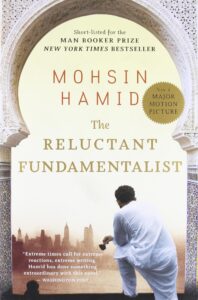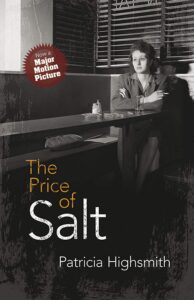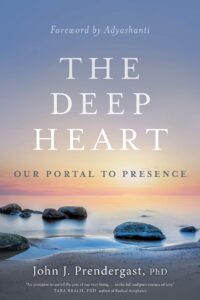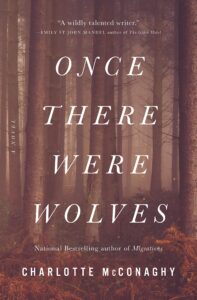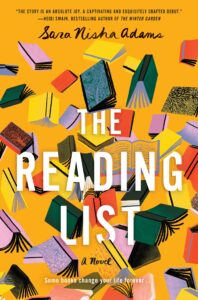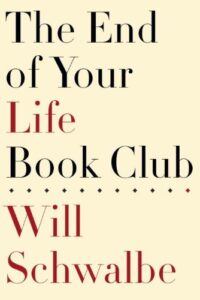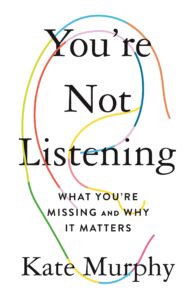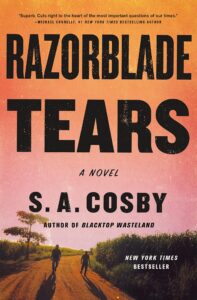Johanna Garton
Nonfiction 2020 | 238 pages
![]()
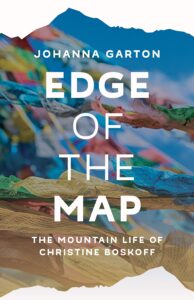
This is the true story of an amazing woman, Christine Feld Boskoff. Hailing from Appleton, Wisconsin, Chris became a legendary climber. She is still the only American woman to have summited six 8000-meter peaks, including Mount Everest, Shishapangma, Gasherbrum II, Cho Oyu, Lhotse and Broad Peak. Her love for climbing, her strength, and her leadership are astounding, while she eschewed publicity of any kind. The Edge of the Map is also a love story of Chris and her beloved climbing partners. First we meet her husband Keith Boskoff; and then we witness her profound romance with her Coloradan climbing partner, Charlie Fowler.
Johanna Garton presents Chris’s life eloquently. It turns out her mother, a journalist, completed ten years of research before she was diagnosed with Parkinson’s and passed on her extensive notes to Johanna to finish the writing. Johanna herself conducted 75 interviews plus travel to important venues.
I thought it bogged down just a bit in the middle, as Chris made so MANY interesting and dangerous climbs, but my dogs had to wait patiently for their walk as I rapidly page-turned the engrossing last 80 pages.
If you are, like I am, enthralled by real outdoor adventure, you will fall In love with Chris Boskoff and Edge of the Map.
November 2021

